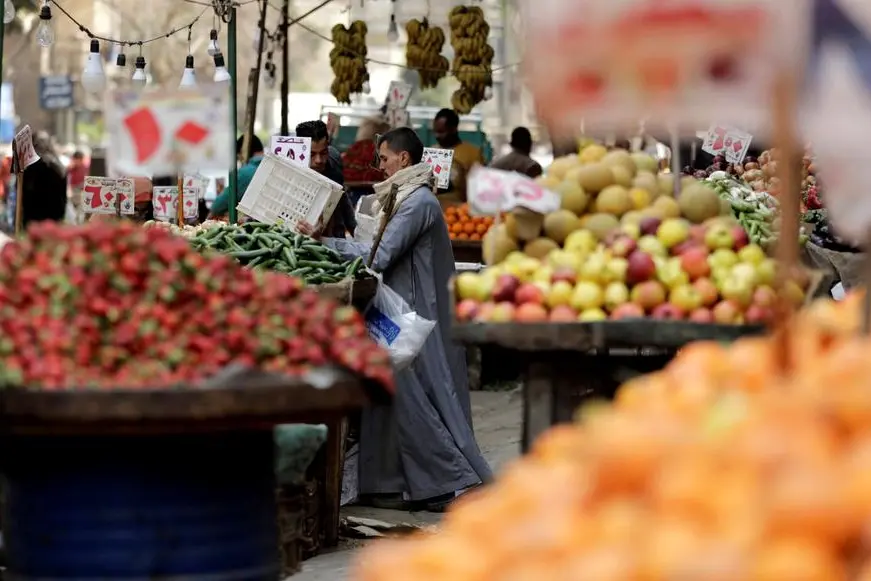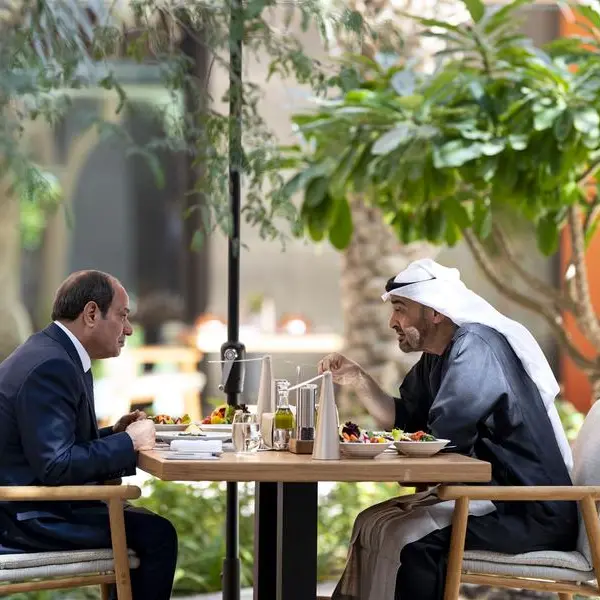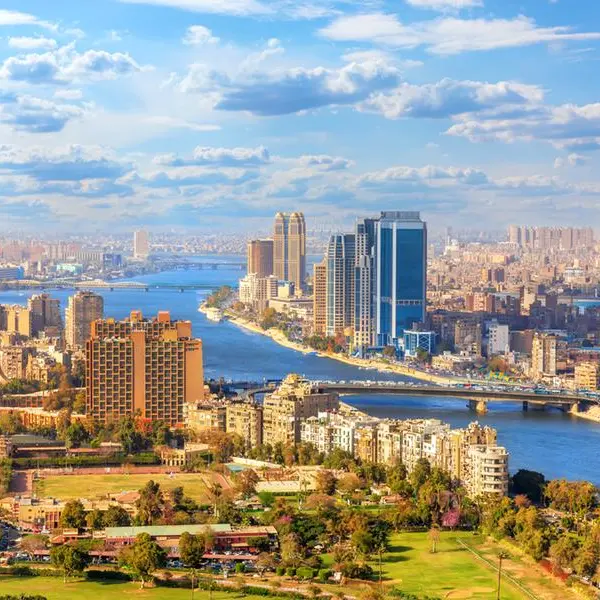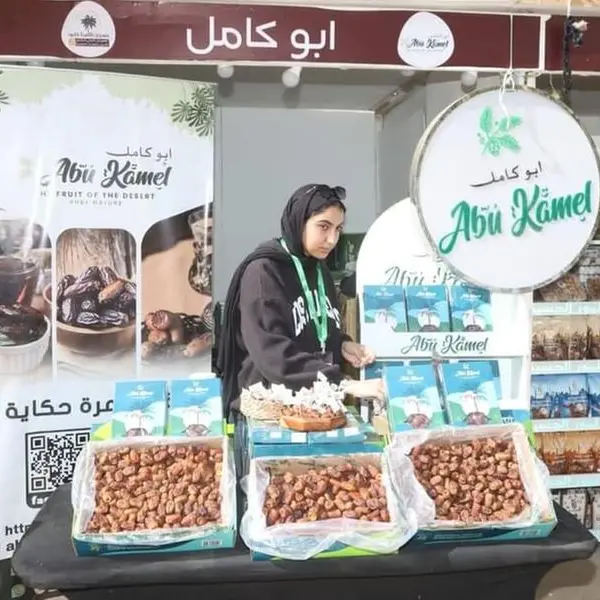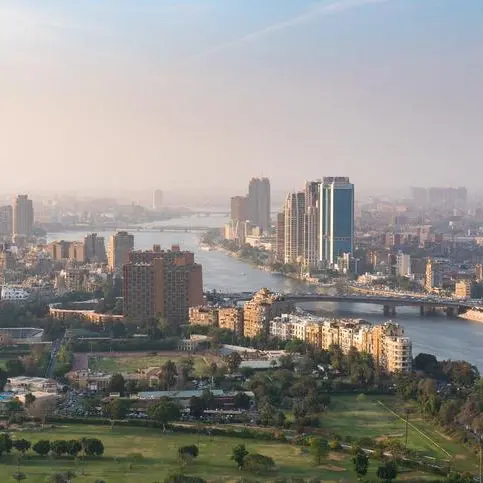PHOTO
Egypt has been facing food security challenges for years as it heavily relies on imported wheat to meet domestic demand. Egypt also imports a good amount of rice and other grains to cover local needs. Russia’s recent withdrawal from the Black Sea grain-export initiative and India's restrictions on rice exports have raised concerns about the future of food security in Egypt. However, the government has already taken steps to secure grain supplies and ensure market stability.
Russia’s Decision Impacts Egyptian Grain Security
Egypt increased wheat imports by about 34% from the beginning of 2023 until July 18th, reaching 5.66 million tons, compared to 4.22 million tons in the same period last year, Asharq Business cited an official document.
Russia's withdrawal from the Black Sea grain-export initiative, which was set to guarantee safe passage for ships carrying grain from Ukrainian ports, is likely to result in a sharp increase in food prices in several East African countries, including Egypt. In June, El Ahram Newspaper cited reports by the United Nations (UN)’s Food and Agriculture Organization (FAO), stating that Egypt is probably to import around 12 million tons of wheat in fiscal year (FY) 2023/2024, positioning the country as the top wheat importer in the world.
Egypt imported grains worth $221.259 million from Russia in April, according to the Central Agency for Public Mobilization and Statistics’ (CAPMAS) Monthly Bulletin of Foreign Trade Data for June 2023.
Aya Zoheir, Research Section Head at Zilla Capital, tells Arab Finance: "Russia's exit from the Black Sea grain-export initiative could have negative impacts on Egypt. It could result in increased competition from other grain-exporting countries trying to fill the void left by Russia, leading to increased wheat prices. In addition, Russia is considered the world’s second-largest wheat exporter, so exiting such an initiative would also result in a drastic decrease in supply, leading to a food shortage worldwide as well as an increase in Egypt’s import bill while finding alternative markets for wheat."
Accordingly, President Abdel Fatah El Sisi urged Russian President Vladimir Putin to return to the Black Sea grain-export initiative. This came during the Russia-Africa summit held in St. Petersburg in July.
India’s Rice Export Restriction
On July 20th, India declared a restriction on non-basmati rice exports, which has also raised concerns about food security in Egypt. The limits are expected to lead to higher rice prices, which could impact the affordability of this staple food in Egypt. This comes as India’s share of Egypt's imports of semi-milled or wholly milled rice, whether polished or glazed, recorded 86.96% in 2022, according to the Trademap Index.
In 2022, India was the world’s top rice exporter with 22.5 million tons, followed by Thailand with 8.5 million tons, Vietnam with 7.5 million tons, Pakistan with 3.6 million tons, and the US with 2.1 million tons, according to Asharq Business.
The UN’s Food and Agriculture Organization (FAO) expected Egypt's total rice production to rise to 3.9 million tons in the 2023/2024 season, compared to 3.7 million tons estimated in the 2022/2023 season. FAO further forecasted that the volume of Egypt's weighted imports of rice in 2023 will decline to about 300,000 tons from the estimated 600,000 tons for 2022.
Zoheir says: “India's restrictions on rice exports could have a significant impact on Egypt's rice market. India is one of the largest rice exporters in the world, and any restrictions on its exports could lead to a decrease in global rice supply. This could result in higher rice prices, which could negatively affect Egypt as it is one of the world’s largest importers of rice. Higher prices could lead to increased food inflation and potentially impact the affordability and availability of rice for the Egyptian population.”
Meanwhile, Amira, a 39-year-old housewife, tells Arab Finance: "The price of rice reached around EGP 35 per kilo at supermarkets. Therefore, I resorted to buying rice from the spice and grain seller at EGP 28 per kilo."
Ensuring Food Security
In the past, Egypt has faced similar challenges with other food items. For example, when India restricted oil exports, Egypt turned to other suppliers to meet its demand. Similarly, when Egypt faced a shortage of legumes, the government took measures to increase domestic production and reduce reliance on imports.
Recent events in Russia and India have highlighted the vulnerability of Egypt's food security. The government has taken measures since the Russian invasion of Ukraine to address food security. In June 2022, Egypt signed a $500 million loan agreement with the World Bank in order to help finance its grain imports.
Moreover, Egypt is holding talks with the UAE to secure $500 million in funding to finance wheat imports, Bloomberg quoted Minister of Supply and Internal Trade Ali El-Moselhi as saying on July 20th.
In order to overcome the imposing food security challenges, Zoheir explains that Egypt needs "a comprehensive approach that combines support for domestic production, diversification of imports, strategic reserves, and investment in research and development. This can help ensure food security in the face of external shocks like Russia’s and India's decisions."
In conclusion, Egypt's food security challenges are considered a complex issue that requires a multi-faceted approach to address. Recent events in Russia and India have raised concerns about the affordability and availability of key food items in Egypt. While the government has taken measures to address the issue, more needs to be done to ensure long-term food security in Egypt.
Copyright © 2022 Arab Finance Brokerage Company All rights reserved. Provided by SyndiGate Media Inc. (Syndigate.info).
